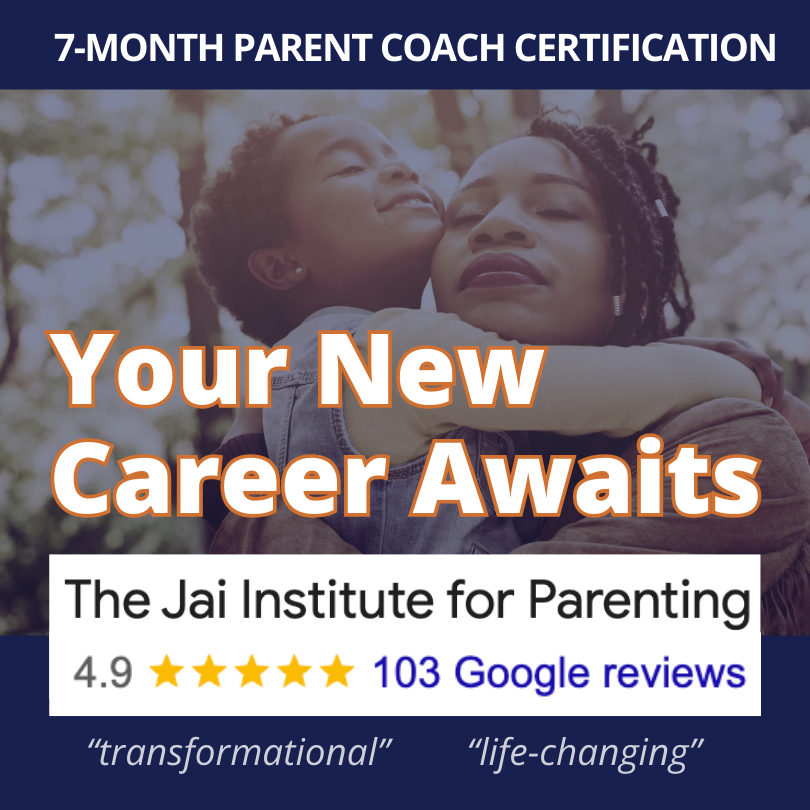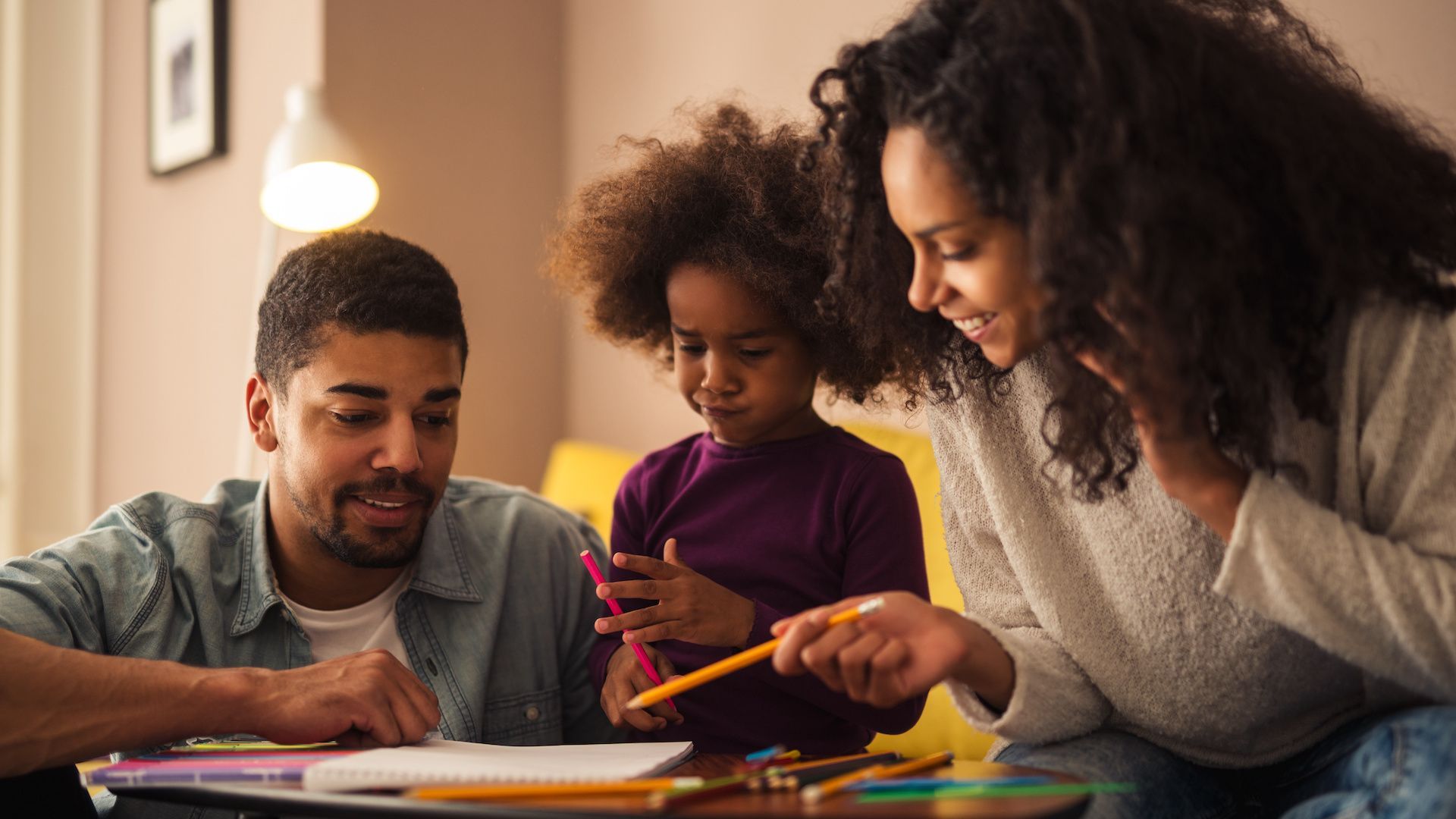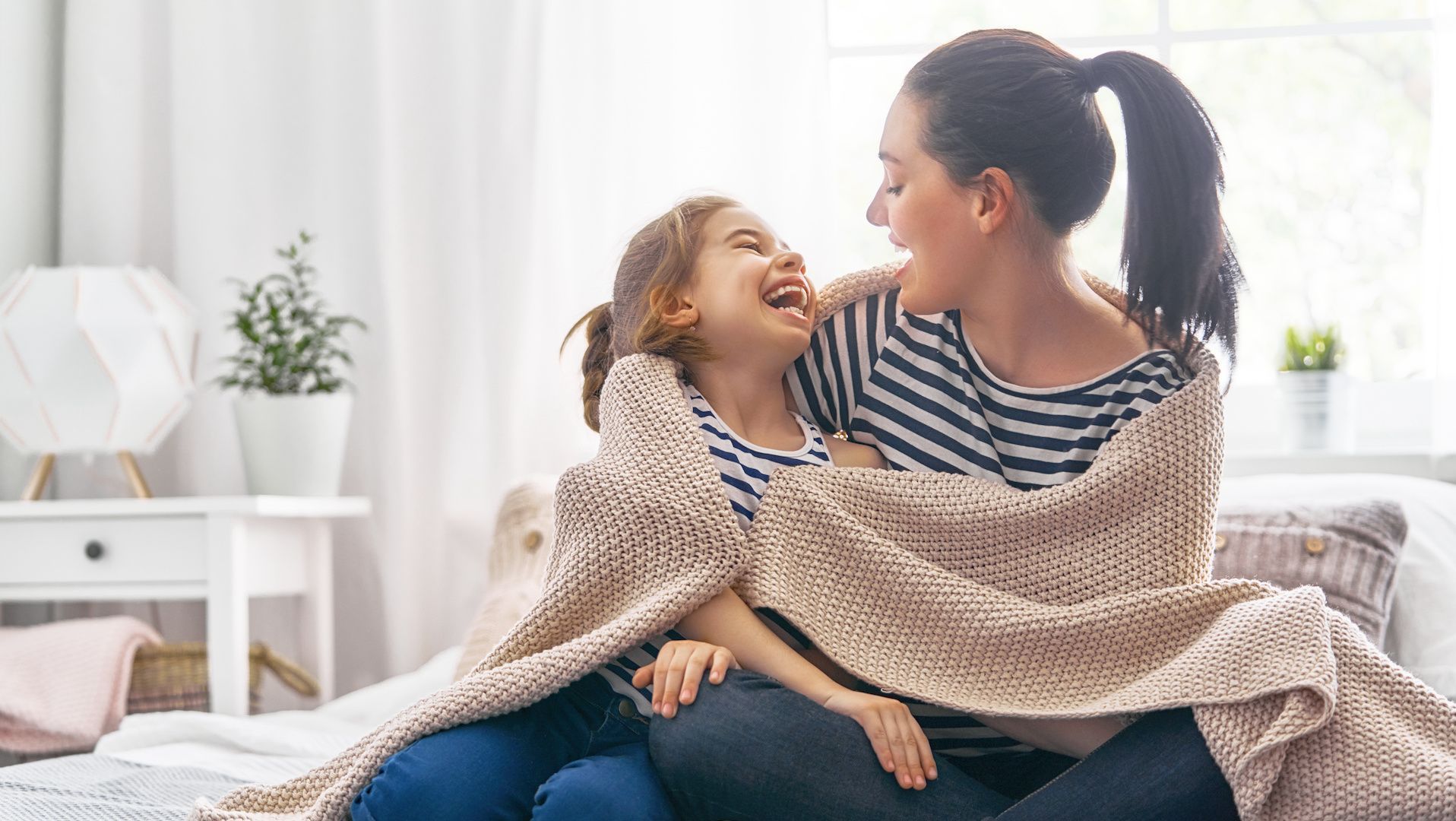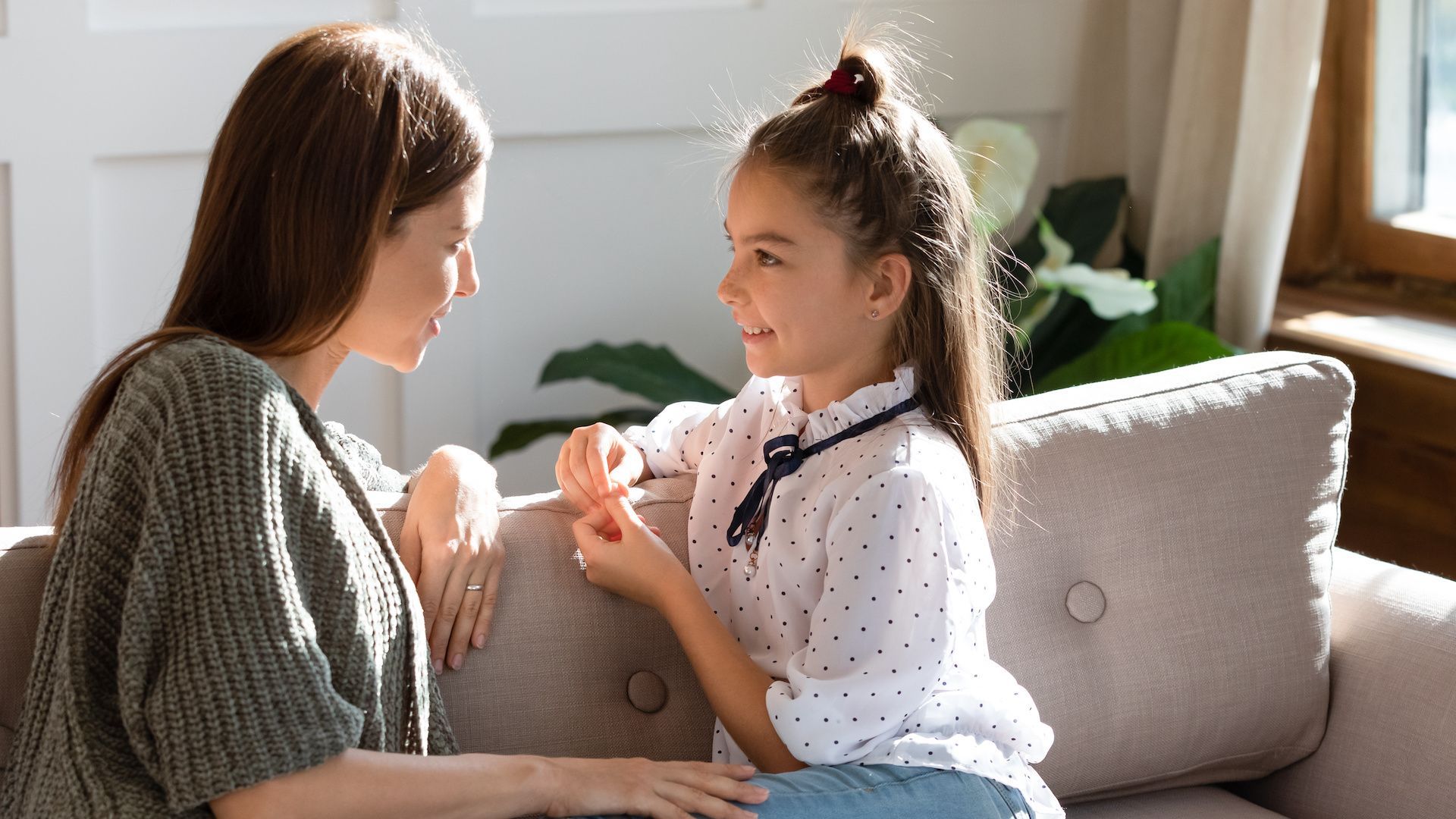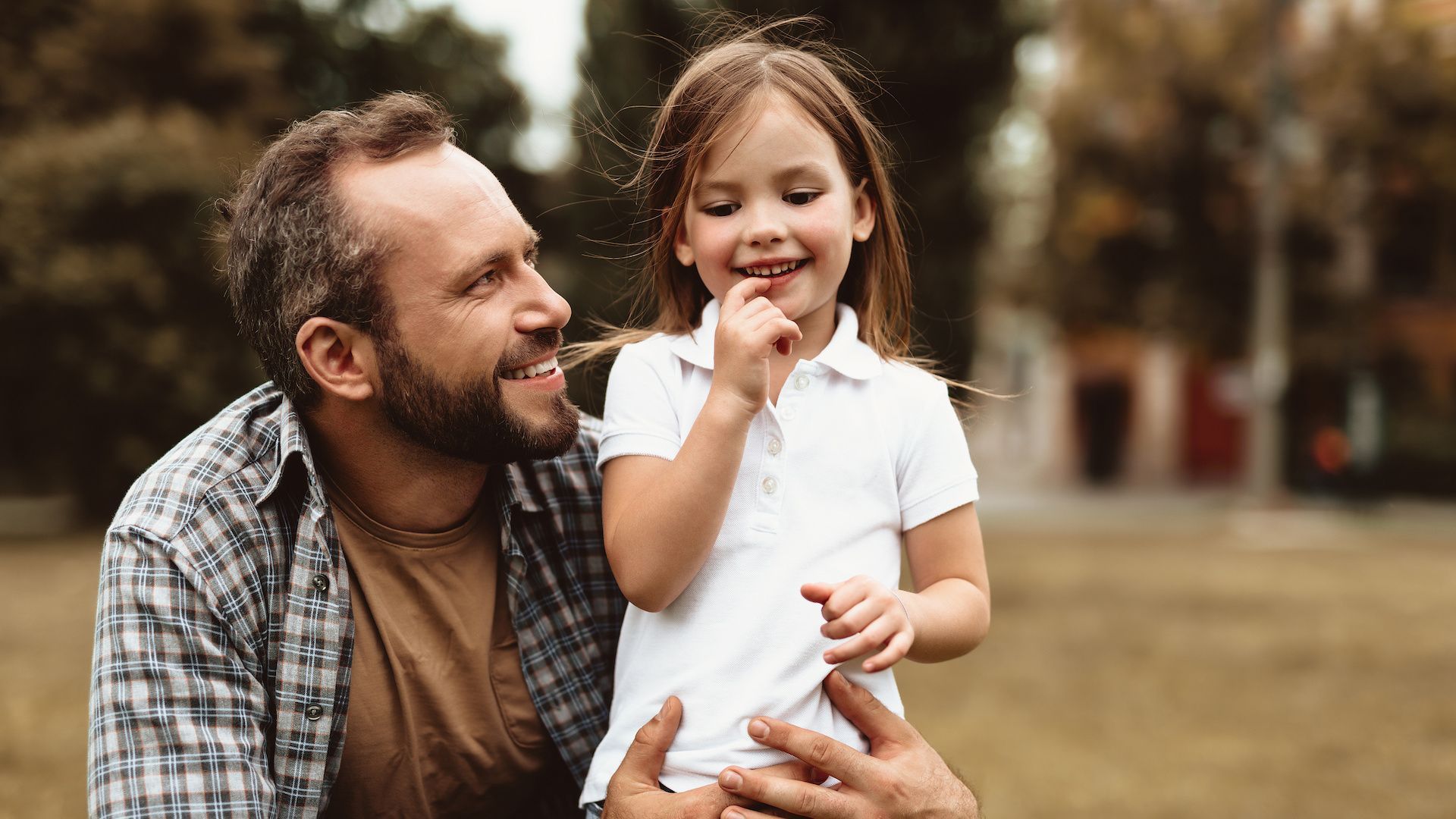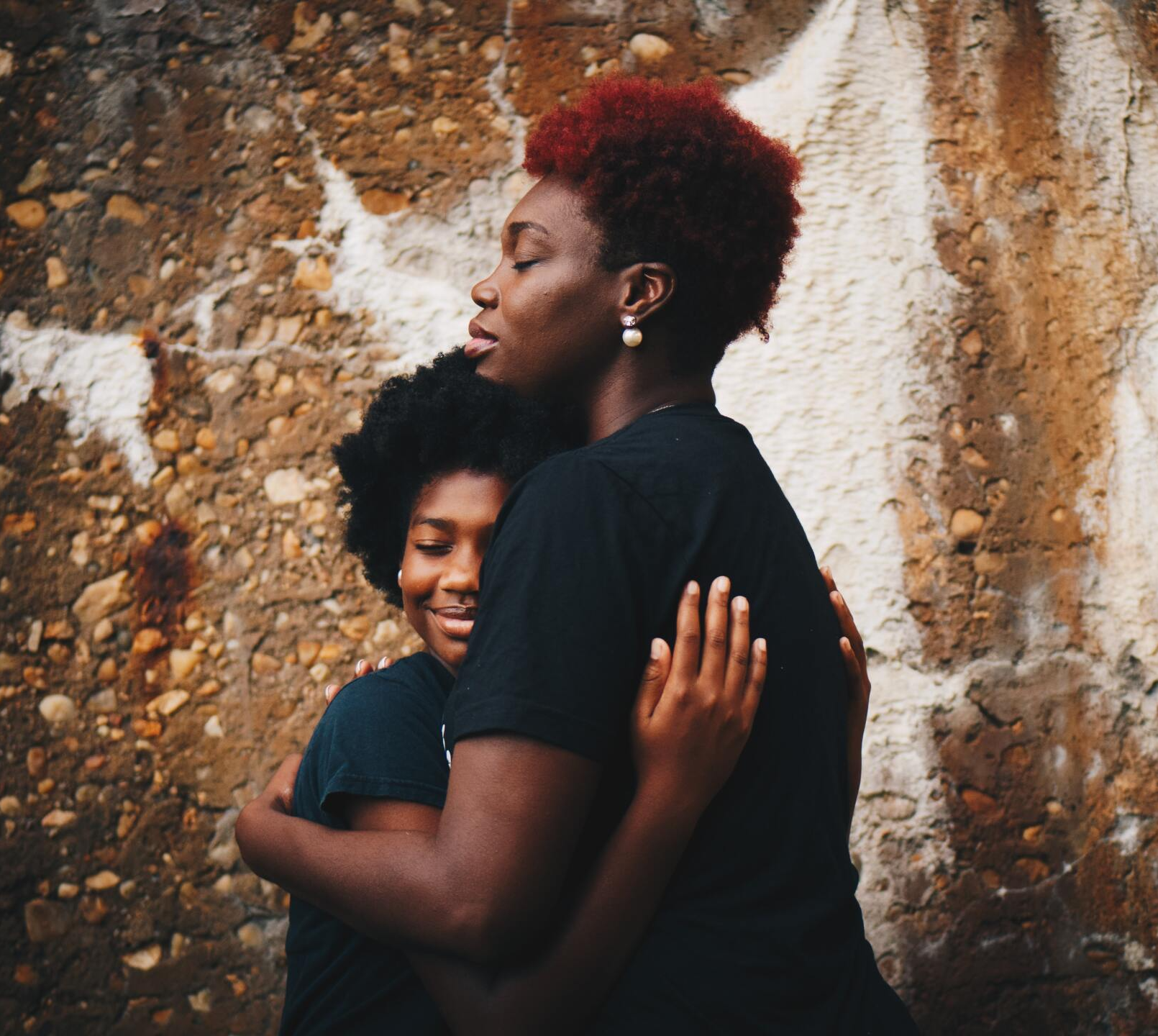The Profound Impact of Your Childhood on Your Parenting Style
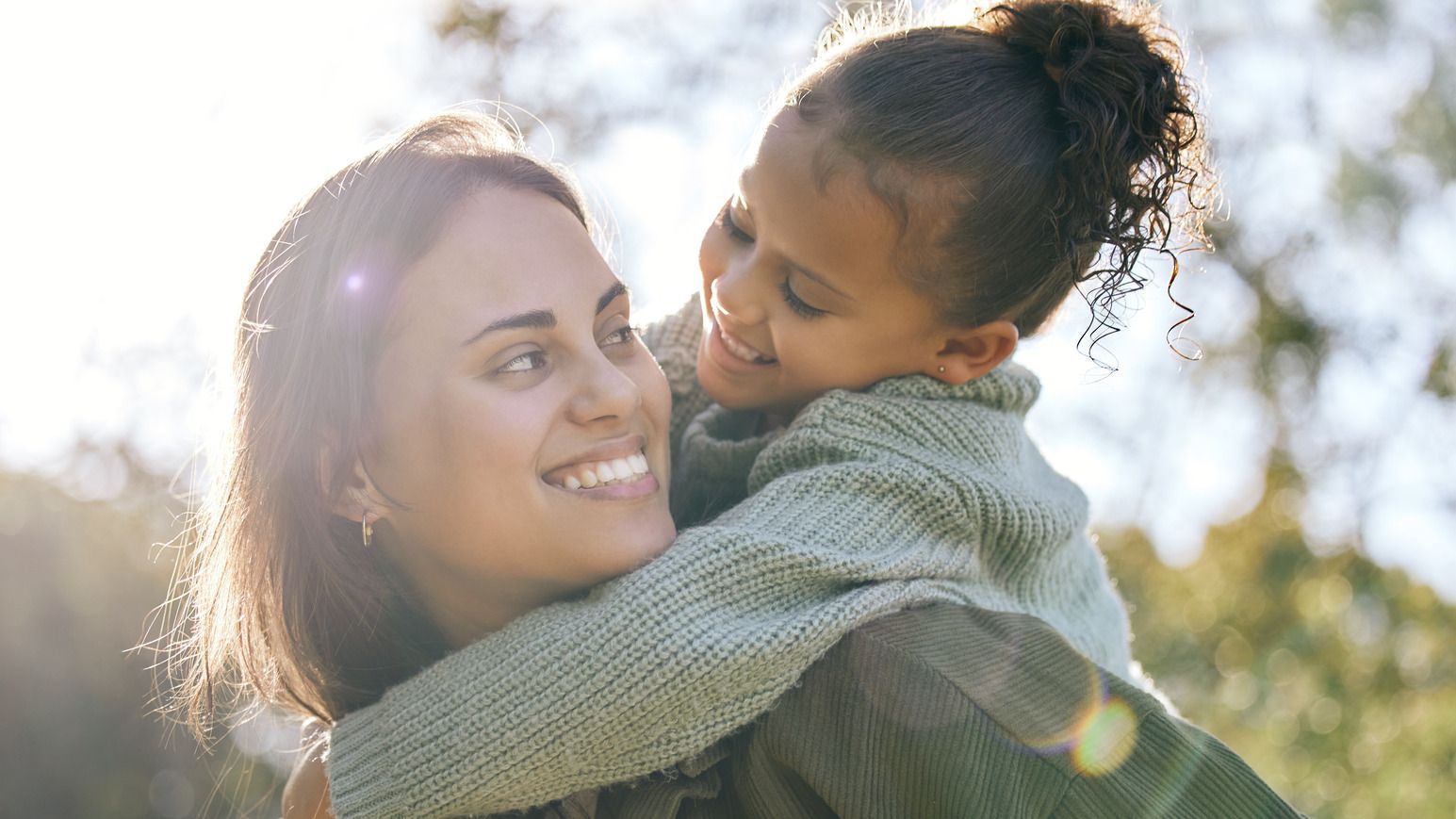
“Study the past if you would define the future.” - Confucius
Do you believe that you are solely responsible for your current parenting style, or are you a product of your past?
The answer to this question is more intricate than you might think. As we delve into the realms of psychology and conscious parenting at the Jai Institute, we have unearthed compelling evidence that many of our beliefs and actions as parents are deeply rooted in
unconscious patterns formed during our own childhood. In this article, we explore how your childhood experiences influence your parenting and why it's crucial for every parent to reflect on their past for the sake of their children.
Understanding the Influence of Childhood on Parenting Styles
To grasp the profound impact of childhood on parenting, consider the example of spanking. Spanking is not merely a disciplinary technique; it serves as a reflection of how we were raised and disciplined ourselves, prompting us to question the type of parents we've become. The overwhelming response to our recent article on spanking reaffirms the importance of examining how our past influences our parenting choices.
Research Insights
Numerous studies corroborate the idea that our past experiences significantly shape our parenting styles. Childhood trauma, for instance, can exert a far-reaching influence on parenting. Research published in Psychology Today reveals that chronic childhood stress can lead to a reduction in the size of the hippocampus, resulting in adults who are prone to overreacting to even minor stressors. This demonstrates that adult behavior can be profoundly affected by experiences from childhood.
Reflecting on Your Past
To recognize how your childhood may be impacting your parenting, consider the following questions:
1. What positive or negative childhood experiences stand out in your memory?
2. Which childhood experiences would you like to recreate for your own children?
3. Which experiences would you prefer to avoid replicating?
4. Did you undergo impactful or traumatic events during your childhood, such as abuse, divorce, or parental substance abuse?
5. What values were instilled in you by your parents?
The Path to Change
While your childhood undoubtedly plays a pivotal role in shaping your parenting style, it's important to understand that your current behavior is not set in stone. You have the power to consciously change these patterns and free yourself from the shackles of the past. This transformation is at the core of conscious parenting.
The Concept of Conscious Parenting
At the Jai Institute, we advocate for the concept of peaceful, conscious parenting, which entails becoming aware of your default reactions and making a conscious choice to change them. Our belief is that by adulthood, your brain has already developed specific responses to various situations and stressors. However, these ingrained responses do not have to dictate your future actions as a parent.
Conscious parenting involves shining a spotlight on your unconscious behaviors and actively sculpting your neural pathways towards more positive and mindful parenting. It's akin to deviating from the well-worn ski tracks and forging new, friendly terrain. With conscious parenting, you can become a more loving, understanding, and effective parent.
Your childhood experiences leave an indelible mark on your parenting style. Recognizing this influence and actively
engaging in conscious parenting can lead to significant improvements in your relationship with your children. By reflecting on your past, you can break free from the constraints of unconscious parenting and create a brighter future for both yourself and your children. Embrace the journey of self-discovery and transformation as you strive to be the best possible version of yourself for your family.
Do You Want to be a Part of The Conscious Parenting Revolution?
Consider
becoming a Parenting Coach and embark on a rewarding journey of helping others navigate the intricate terrain of conscious parenting. By sharing your insights and experiences, you can empower parents to break free from the constraints of their past, fostering healthier and more nurturing relationships with their children.
At the Jai Institute, we offer a
comprehensive parent coaching program where you can not only deepen your understanding of conscious parenting but also make a meaningful impact on the lives of fellow parents. Join us in sculpting a brighter future for families everywhere while gaining the opportunity to earn a substantial income through teaching these transformative skills. Become a catalyst for positive change today.
Ready to break free from generational patterns and become the parent your child truly needs?
Take the first step towards transformation with our free eBook, "Healing Generational Patterns: Unlocking a Brighter Future for Your Children." This invaluable resource isn't about changing your child—it's about empowering YOU. Learn how to stop reactive parenting, reduce yelling, and start feeling more fulfilled in your role as a parent. Don't let another day go by feeling overwhelmed or inadequate. Your journey to empowered, positive parenting starts now. Click the link above to claim your FREE eBook and unlock the keys to a happier, healthier family dynamic. Your future self—and your children—will thank you!
Further Reading
Here are some studies about the impact of childhood experiences on brain development, parenting styles, and conscious parenting.
Impact of Childhood Trauma on Brain Development
- Teicher, M. H., Anderson, C. M., & Polcari, A. (2012). Childhood maltreatment is associated with reduced volume in the hippocampal subfields CA3, dentate gyrus, and subiculum. Proceedings of the National Academy of Sciences, 109(9), E563-E572.
- McLaughlin, K. A., & Sheridan, M. A. (2016). Beyond cumulative risk: A dimensional approach to childhood adversity. Current Directions in Psychological Science, 25(4), 239-245.
Parenting Styles and Childhood Experiences
- Baumrind, D. (1967). Child care practices anteceding three patterns of preschool behavior. Genetic Psychology Monographs, 75(1), 43-88.
- Darling, N., & Steinberg, L. (1993). Parenting style as context: An integrative model. Psychological Bulletin, 113(3), 487-496.
Conscious Parenting and Neural Plasticity
- Davidson, R. J., & McEwen, B. S. (2012). Social influences on neuroplasticity: Stress and interventions to promote well-being. Nature Neuroscience, 15(5), 689-695.
- Siegel, D. J. (2012). The developing mind: How relationships and the brain interact to shape who we are. Guilford Press.
Effects of Parental Behavior on Child Development
- Baumrind, D. (1991). The influence of parenting style on adolescent competence and substance use. The Journal of Early Adolescence, 11(1), 56-95.
- Belsky, J., & Jaffee, S. R. (2006). The multiple determinants of parenting. In D. Cicchetti & D. J. Cohen (Eds.), Developmental Psychopathology: Vol. 3. Risk, disorder, and adaptation (pp. 38-85). John Wiley & Sons.
READ MORE:
Curious for more?


